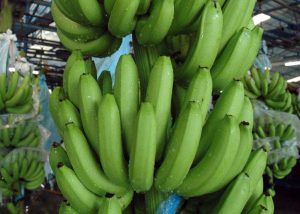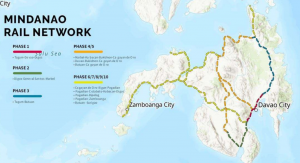BEGINNING this year, 6-12 cacao farms in Davao Region will benefit from an international non-government organization’s “model farm” project.
The Mennonite Economic Development Associates (MEDA), in coordination with the Davao Region Cacao Industry Development Council (DRCIDC), will be investing in cacao model farms through the Resilience and Inclusion through Investment for Sustainable Agriculture (RIISA) project.
“We have to share all these technologies and make model farms in the other areas of Davao region,” Toto Muyco, Chairperson of DRCIDC, said during the Habi at Kape last March 20.
Muyco said that their target farms under the RIISA project are aging farms and they are planning on increasing productivity and income through regenerative agriculture practices.
Wit Holganza, Chairperson of Cacao City Marketing Coop and Vice President of DRCIDC, added that regenerative agricultural practices such as not using herbicides, promoting biodiversity, and using natural or organic inputs.
“[Cacao is] a flourishing industry with many challenges. We also recognize [that there are a lot of] actors not just the farmers or the primary producers, you also have the manufacturers and processing, and all of them are affected by what is happening in the market,” said MEDA country director Natalie Macawaris.
Muyco pointed out that despite the high demand for cacao both domestically and internationally, local cacao farmers and producers are unable to meet such demand due to low productivity.
Economic repercussions caused by the COVID-19 pandemic, loss of income, increasing prices of fertilizers, market competition, climate change, and the lack of good agricultural practices are some of the factors that caused low productivity in cacao farming.
Aside from the model farms, the RIISA project will also create a cacao regenerative farming manual for aging farms over 10 years and develop an accredited group that can provide competent manpower to cacao farms.
The Global Affairs Canada (GAC) also provided support to the RIISA project. GAC is a Canadian government department that manages diplomatic relations, promotes international trade, and provides consular support.
“Para ma-ensure natin na in the next 3-5 years, 10 years, maganda pa rin ang kondisyon ng lupa natin (so that we can ensure that in the next 3-5 years, 10 years, the condition of the soil remains good),” Muyco said.


